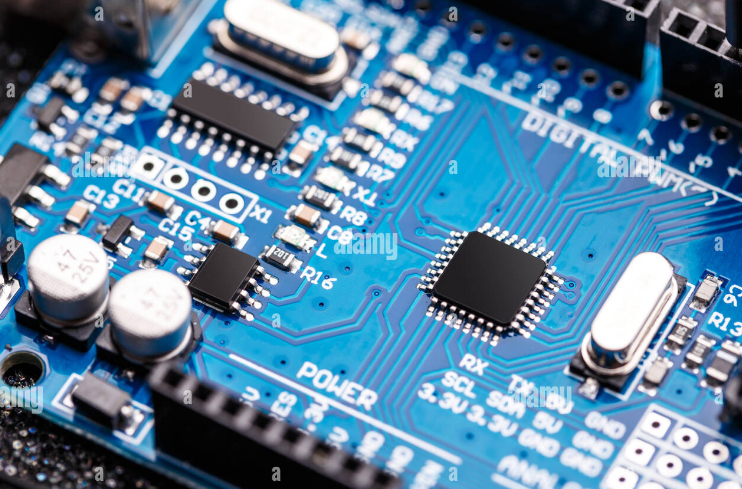|
The global PC chips industry is expected to reach a market size of around USD 590 billion by 2028, according to industry reports. This reflects a steady growth trend from previous years.
The PC chips industry is dominated by a few major players, with several strong regional competitors as well. Here are some key companies by region:
United States: Intel, AMD, Nvidia, Qualcomm (Mobile processors also used in some laptops)
Taiwan: Taiwan Semiconductor Manufacturing Company (TSMC), United Microelectronics Corporation (UMC)
South Korea: Samsung Electronics
Europe: NXP Semiconductors (Netherlands), Infineon Technologies (Germany), STMicroelectronics (France-Italy)
China: Semiconductor Manufacturing International Corporation (SMIC), Huawei HiSilicon (focuses on mobile processors, some laptop applications)

Latest Achievements in the PC Chips Industry (as of July 1, 2024):
Intel (United States): While facing some production delays, they're focusing on integrating AI features for data centers and their upcoming Alder Lake processors for desktops.
AMD (United States): Launched new AI-focused chips to compete with Nvidia in the AI processing space, aiming to improve machine learning performance for various applications.
Nvidia (United States): Announced plans to design Arm-based PC chips compatible with Windows, potentially challenging Intel's dominance in the CPU market for PCs.
Qualcomm (United States): Partnered with Google to launch the Snapdragon X chip expected mid-2024, aiming to establish a stronger presence in PC processors, particularly those designed for AI tasks.
TSMC (Taiwan): Announced plans for a multi-billion dollar investment in a new advanced chip fabrication facility in Arizona, USA, to expand production capacity and potentially ease global chip shortages.
UMC (Taiwan): Focused on expanding its production capacity for mature chip technologies, catering to the ongoing demand for these chips in various electronic devices.
Samsung Electronics (South Korea): Recently unveiled their latest generation of Exynos processors for smartphones, potentially impacting their laptop chip offerings as well, with a focus on improved performance and power efficiency.
While AI promises significant advancements in chip design and performance, there are several challenges to overcome: Power Consumption, Heat Generation, Specialized Hardware (Traditional CPUs are not suited), Software Optimization, and Data Security and Privacy
Posted on: Jul 1 2024
|